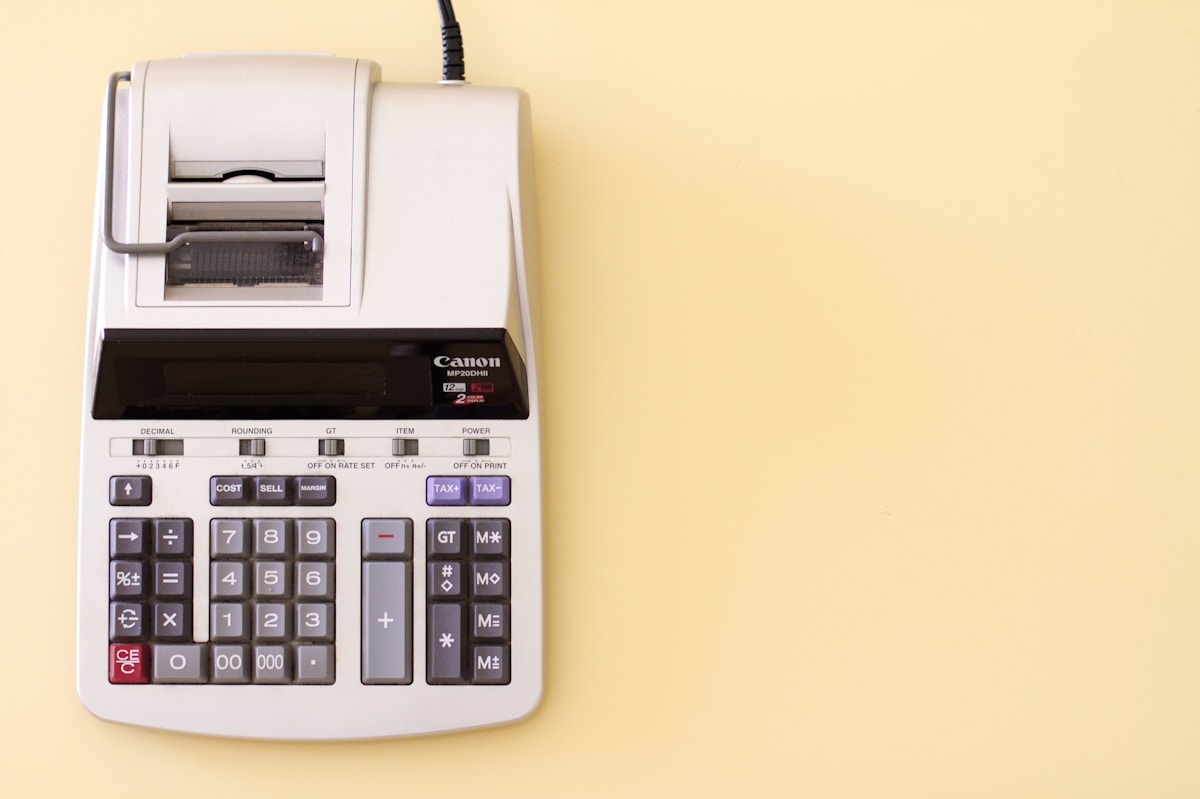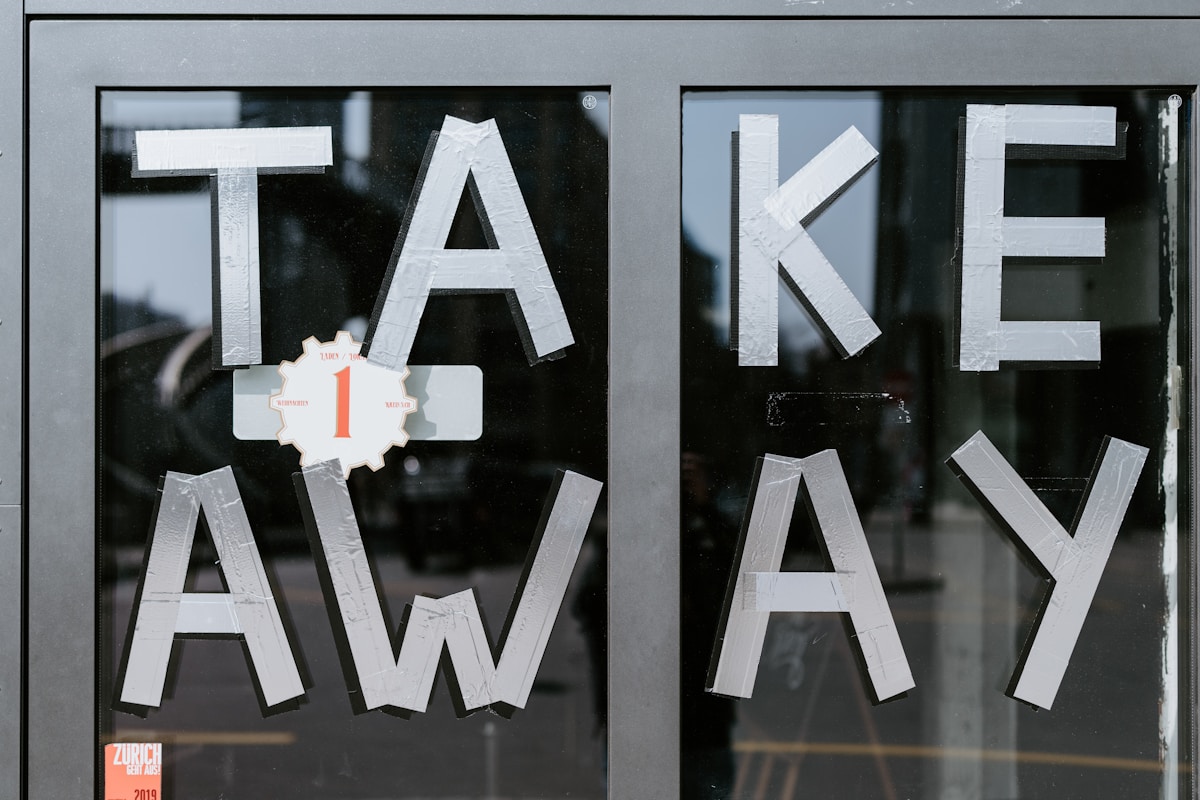Are you planning an event and looking for tips to make it a success?
An event is an organized gathering, typically of people, typically for a specific purpose. Events can be small or large, and can take place in a variety of locations, such as in someone’s home, at a business, or in a public space.
Event planning is the process of organizing an event, and includes tasks such as selecting a venue, stage design, backdrops, video wall, live streaming, inviting speakers, sending out invitations, master of ceremonies, audio, catering and (much) more.
When hosting an event, it is crucial to make sure everything runs smoothly. These seven tips will help you plan and organize your event so that it’s a success!
1) Start Early, Stay Organized
Planning is crucial for any event. The type and size will dictate how much effort goes into it, but even with just one person organizing things, there should still be some forethought put forth beforehand so that nothing falls through the cracks when day-of arrives.
If you’re throwing a large party, you’ll need to start planning several months in advance. For smaller events, a few weeks should be sufficient. For a trade show or conference, start planning atleast six to twelve months before the event, since there are many tasks to be completed and you’ll need to coordinate with various vendors.
As you’re planning, be sure to keep organized. Create a timeline or checklist of tasks that need to be completed, and assign deadlines for each task. Keep all your documents and files in one place, and hold frequent meetings with the planning team and all those involved.
When planning, information comes flying in from all directions, decisions are made on the fly, and details confirmed. Every item on the checklist needs to be checked, and a note made of the date of completion. Any notes about a specific item need to be included to remind yourself and alert members of the team. Forgetting one item may lead to disaster.
As the event date approaches, be sure to follow up with all your vendors and suppliers to confirm details. The last thing you want is for something to go wrong because of a misunderstanding.
With all the details to take care of, it’s easy to get overwhelmed. But if you stay organized and take things one step at a time, you’ll be able to handle anything that comes your way.
The planning process needs to be documented every step of the way and updates shared with the entire team. This is critical in case someone leaves the event team or cannot continue with their duties.
The earlier you start planning, the better organized you’ll be, and the more likely it is that your event will be asuccess.

2) Choose the Right Venue
The venue you choose will set the tone for your event, so it’s important to pick a place that is appropriate for the type of event you’re hosting. If you’re planning a formal affair, look for a venue that is elegant and has enough space for your guests.
If you’re throwing a laid-back party, consider renting a space, but no matter what type of event you’re hosting, be sure to book your venue well in advance.
And don’t forget to visit potential venues in person so that you can get a feel for the space and make sure it’s right for your event.
Take the time to visit potential venues in person so that you can get a feel for the space and make sure it’s right for your event.
Remember, the venue you choose will play a big role in making your event a success, so choose wisely!
3) Select Suppliers
Once you’ve booked your venue, it’s time to think about other event suppliers. If you’re having a catered event, for example, you’ll need to select a caterer that can provide the type of food you want and is within your budget.
And don’t be afraid to ask for recommendations! If you know someone who has planned a similar event in the past, they may have some brilliant suggestions for suppliers.
Importantly, make sure you understand the fine print on their contracts / quote, especially what happens if the event is cancelled. You don’t want any surprises when it comes time to pay the bill, so be sure you’re clear on what you’re signing up for.
When selecting suppliers, it’s important to compare prices and services to get the best value for your money. With a little of research, you’ll be able to find the perfect supplier for your event.

4) Budget
One of the most important aspects of event planning is staying within your budget and, once this has been determined, besure to stick to it. It can be tempting to overspend, but remember that there are always ways to save money. For example, you might get a discount if you book your venue or catering well in advance.
Keep in mind that venues often charge abase price plus a service charge and tax, so be sure to ask for a detailed quote. Check every quote carefully and the payment terms and make sure you know what is covered and what isn’t.
While it’s important to stay within your budget, don’t be afraid to splurge on items that are important to you. For example, if you have your heart set on a particular band or DJ, it might be worth it to spend a little extra to book them.
After all, your goal is to make sure your guests have a good time, so don’t be afraid to invest in what will make them happy.
You may also want to build in a contingency cost if you have an event with unknown variables.
For example, if you are hosting a launch event outside, have a back-up plan in case of bad weather. Or, if you are planning an event that will require on-site security, more people may be required if the selected venue requires it.
It’s always better to be safe than sorry, so build in a little extra room in your budget for the unknown. If you do put in a contingency, make sure you justify this.

5) Staffing
Another important aspect of event planning is making sure you have enough staff to help in the run up / on the day of the event.
Depending on your event, your team may be enough to make sure everything runs smoothly. Or, you may need to hire additional staff for guest registration, security, help desk, handing out information or other tasks.
If you’re hiring staff, be sure to give them explicit instructions on what their roles and responsibilities are and conduct a trial run-through so everyone knows what to do and what to expect. Any issues that arise can be ironed out before the event.
Everyone involved in the event needs to have a job and be responsible for a task.
Finally, it’s also important to have a plan for who will be responsible for what on the day of the event.
6) Event Promotion
Public relations (PR) is the process of managing the spread of information between an organization and the public andinvolves creating and managing relationships with the media, customers, investors, and other key publics.
When it comes to event promotion for a trade show, conference, or other large event, PR is essential in getting your event in front of as many people as possible. The right PR strategy cangenerate interest and excitement for your event, leading to better attendance and more media coverage.
There are several ways to promote your event, including through traditional channels like print and broadcast media,and online channels like social media and email marketing. The more awareness about your event there is, the better chance you have of getting people to attend.
Here are a few tips for promoting yourevent:
- Start early: The sooner you start promoting your event, the better. This will give you more time to reach potential attendees and generate interest.
- Use multiple channels: Don’t just rely on one method of promotion. Use a mix of traditional and online channels to reach the widest audience possible.
- Get creative: Think outside the box when it comes to promoting your event. Come up with creative ways to get people talking about your event and excited to attend.
- Measure your results: Keep track of how effective your promotional efforts are by measuring things like media coverage, website traffic, and ticket sales. This will help you adjust your strategy as needed and make sure your event is a success.
After selecting the best agency to support your event, they will develop a customized plan that considers your goals, audience, and budget.
The PR team will then work to generate pre-event buzz and secure media coverage leading up to the event. On the day ofthe event, they will manage the media and handling any press inquiries.
This pre-event buzz might include press releases, byline articles, interviews, social media posts. Or the team may decide to stagger the information to achieve the best possible outcome.

7) Event Evaluation
After the event is over, it’s important to take some time to evaluate how it went and write a report for future reference or for your boss or client.
The report may include:
- The number of attendees
- A list of sponsors and partners
- Any feedback you received from attendees, staff, or others involved in the event
- An analysis of your event budget
- Photos or videos from the event
This report will be invaluable when planning future events, as it will help you determine what works and what doesn’t.
Begin by asking a few questions:
- What went well?
- What didn’t go well?
- What could be improved?
- What would you do differently next time?
- Analyse the budget
Finally, reach out to your attendees and ask for feedback. What did they like? What didn’t they like? What would theylike to see at future events?
By taking the time to evaluate your event, you can ensure that each event is better than the last and that you are constantly improving your planning and organizational skills.

Takeaways
Here are the main takeaways:
- Plan, plan, plan! The more you plan, the smoother your event will go
- Stay organized and keep track of all your details
- Get creative with your promotion and marketing efforts
- Evaluate the event afterwards and gauge return on investment
- Planning and hosting an event can be a lot of work, but the result is worth it
And there you have it, seven tips to help you make your event a success.
Contact eight@eightpr.com if you would like to discuss the organisation of your next event in Hong Kong / Asia Pacific.

